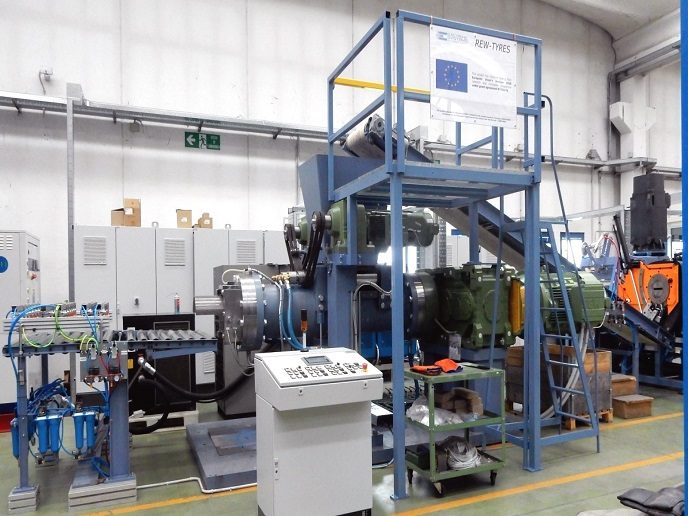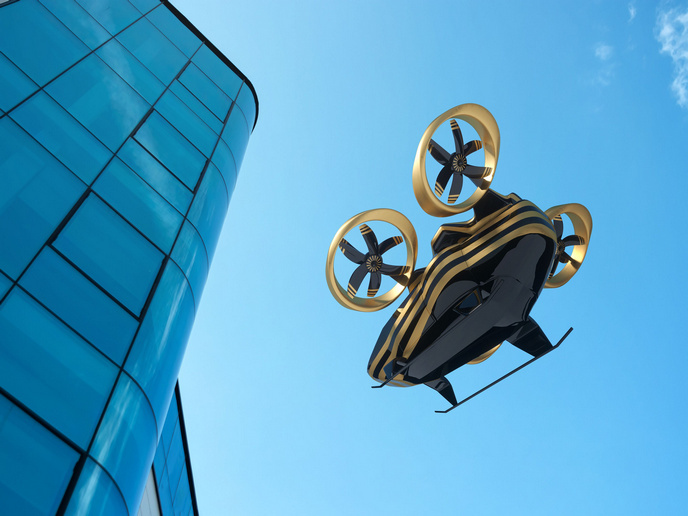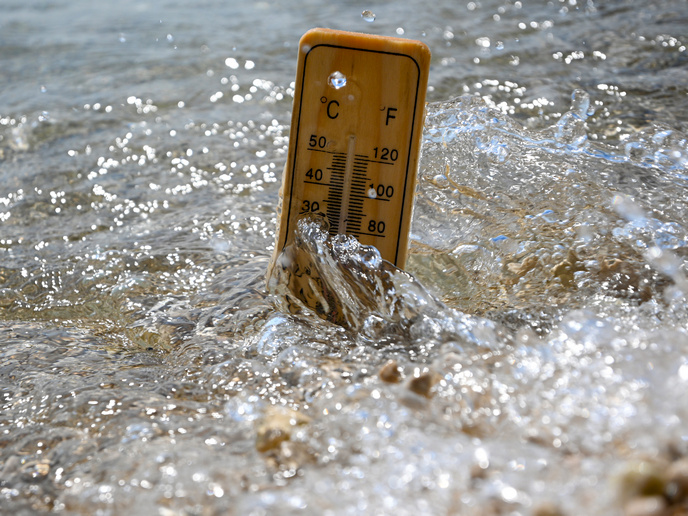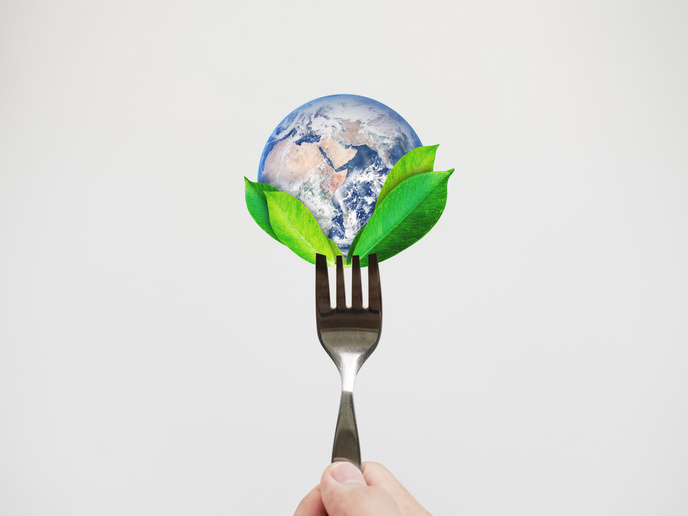Innovative processes allow cyclical tyre production and reuse
The global output of new tyres is about 1.6 billion per year, so each year the same number of old tyres is discarded. These, known as end-of-life tyres (ELTs), bring about serious environmental problems because they consist of several extremely durable materials that do not readily break down. Once, nearly all ELTs ended up in landfill or were burnt. In Europe, the environmental situation has now improved substantially. Today, only about 8 % of European ELTs end up in landfill, and about 2 million tonnes are recycled. Nevertheless, recycling ELTs and other forms of rubber is far from straightforward. In typical processes, tyres are ground up to separate steel from the rubber, which is crumbed. Yet, since tyre rubber is vulcanised (heat-hardened) and bonded to synthetic fabrics, the reclaimed material cannot replace virgin rubber. Instead, it is used in low-quality secondary products such as artificial turf.
New processes
Europe needs a way to reclaim clean de-vulcanised rubber from ELTs, enabling new tyres, and high-quality products, to be made directly from ELTs. The EU-funded REW-TYRES project delivered two such processes. The researchers also demonstrated both processes using prototype industrial machines. The first process, called REWORK, deals with pieces of rubber left over from the tyre manufacturing process. Such scrap has been difficult to recycle because of the expensive and extremely energy-consuming machinery required. For this reason, scrap rubber has generally been discarded rather than recycled. “In REWORK,” explains project coordinator Florinda Martena, “scrap is treated in a gear pump and a mix-extruder, to produce sheets of homogeneous rubber. These can be directly reused in production.” The process eliminates the energy-hungry preheating stage, through a combination of compactness, gear design and the lubrication system. REWORK is thus much more energy efficient than other rubber recycling processes, and therefore more commercially viable. The second process, RECYCLE, is more avant-garde than REWORK. “Rubber is peeled off the ELT by a rotating mill that produces tiny chips,” reports Martena. “An innovative terahertz sensor, an ultra-fast laser that generates submillimetre non-ionising waves, controls in real time the depth of the rubber left on the textile cords.” The sensor also precisely controls the forward movement of the mill. The result is pure rubber-peeling. Tiny chips of recovered rubber are processed in a mixing machine, with additives. The strong mechanical sheer action breaks the sulfur links of vulcanisation, yielding a compound that can replace virgin rubber or be mixed with it, to produce high-quality products.
Quality recycled products
Such products include new tyres, but also high-end industrial components such as engine mounts and vibration isolators. The REW-TYRES team also demonstrated the processes’ suitability for making consumer products such as shoes and shoe soles, watch bands and numerous others. The project has patented both processes and its technology. Researchers have also been showcasing the system to tyre manufacturers. The next step will be to demonstrate the two processes at full scale in user facilities. REW-TYRES’ new ways of recycling ELTs and waste rubber are energy efficient and waste-free. Together, the processes solve the environmental problems concerning tyre rubber, while also allowing the efficient production of high-quality new products from recycled sources.
Keywords
REW-TYRES, rubber, tyres, REWORK, RECYCLE, recycling, end-of-life tyres, terahertz sensor, waste rubber







